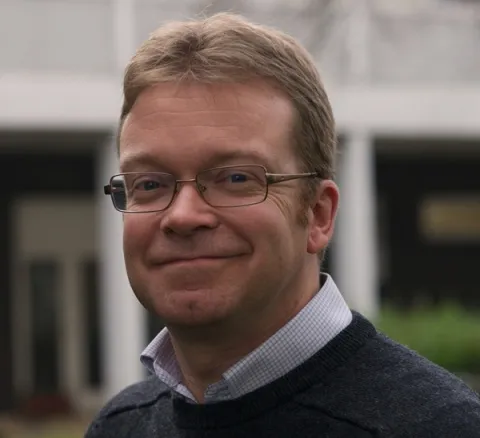About the project
Microplastics are a ubiquitous and persistent pollutant found globally. This project will investigate how weathering processes affect the behaviour, fate and ecological effects of microplastics in the marine environment. This knowledge is essential for understanding the long-term environmental and ecological implications of microplastics.
Microplastics (plastic particles 1 µm - 5 mm in size) are a ubiquitous and persistent pollutant found globally throughout the environment. Research on plastic pollution has accelerated in recent years, although many questions remain. Although usually derived from land, a vast amount of microplastics enter rivers and the ocean, environments which host important aquatic ecosystems.
Due to their longevity, plastics in the environment become increasingly weathered over time through the effects of UV radiation, mechanical degradation and biological associations. These processes change the characteristics of the particles (shape, size and density), altering their behaviour, fate and how organisms will interact with them. Investigating how these changes happen, over what timescales, and the subsequent change in toxicological effects is fundamental to understanding the real and long-term effects of microplastics in the environment.
A combination of fieldwork, laboratory analysis, experimental studies and statistical modelling will be used in this project to enable a thorough investigation of microplastics within estuarine and marine environments, including Southampton Water, the Solent and the Atlantic Ocean.
Research questions:
- How does biofouling alter the partitioning of microplastics throughout water, sediment and biota in a simulated environmental system?
- As degradation leads to particles becoming smaller, yet more numerous, how do the proportional differences in particle sizes, shapes and abundances vary depending on location and proximity to sources (e.g. estuarine vs open ocean)?
- To what extent do UV and mechanical ageing lead to a change in toxicity of microplastics as a result of altered particle characteristics?
Supervisory team
The supervisory team includes supervisors from several organisations, including our INSPIRE Partners. Please contact the Lead Supervisor for more information about the team.
Training
The INSPIRE DTP programme provides comprehensive personal and professional development training alongside extensive opportunities for students to expand their multi-disciplinary outlook through interactions with a wide network of academic, research and industrial/policy partners. The student will be registered at the University of Southampton and hosted at the National Oceanography Centre. Specific training will include:
- Field survey design and sample collection (including training in inland and offshore sampling techniques)
- Sample processing and analysis, using state-of-the-art spectroscopic and spectrometric imaging and analysis techniques
- Image processing techniques
- Training in handling radiolabelled materials at the National Nuclear Users Facility NNUF-EXACT (University of Southampton/NOCS)
- Organism culturing and ecotoxicology testing
